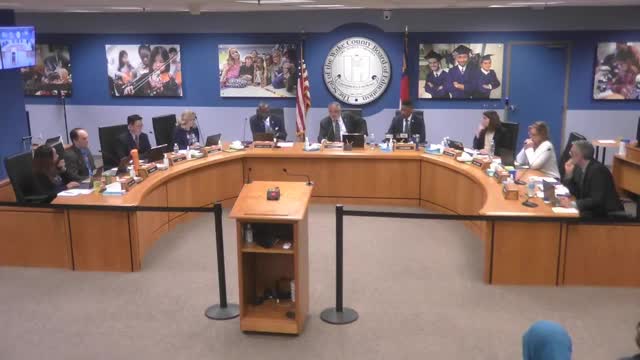Article not found
This article is no longer available. But don't worry—we've gathered other articles that discuss the same topic.

Parent says substitute grabbed his son at South Lakes Elementary; asks board for timely investigation
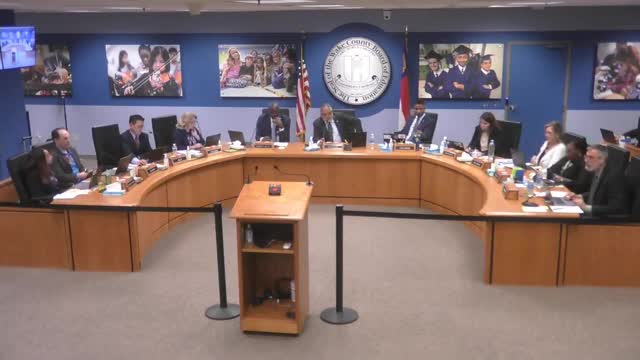
Board approves HR recommendations and administrative appointments
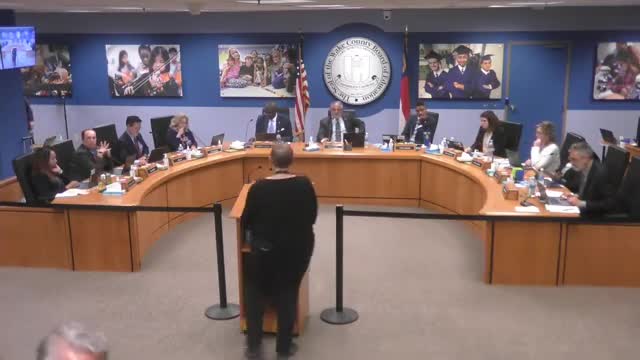
Board adopts revisions to discrimination and complaint policies on first reading; updates tobacco and nicotine policy on second reading
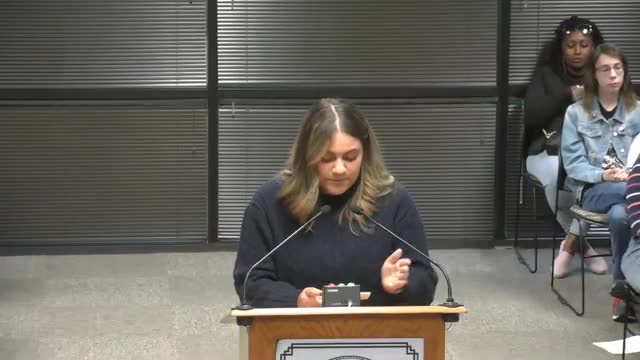
Board approves seven‑year capital improvement plan; members ask staff to explore reprioritization for safety, ventilation and library collections
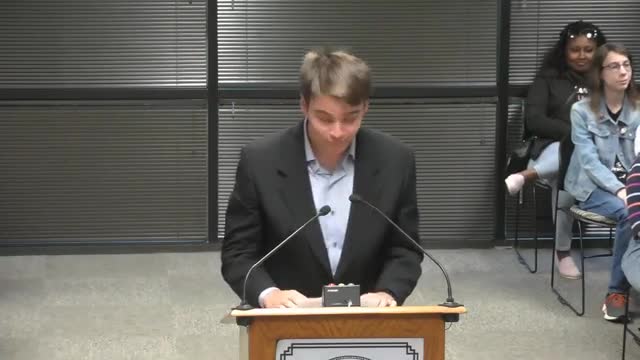
Students, advisers and NC State Student Senate urge Wake County to restore Snow/WordPress access or provide viable alternatives
